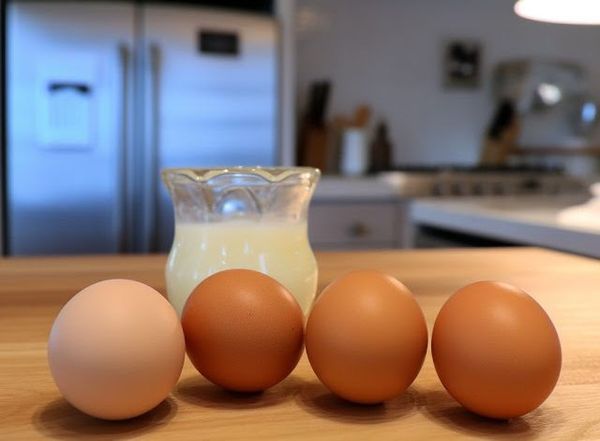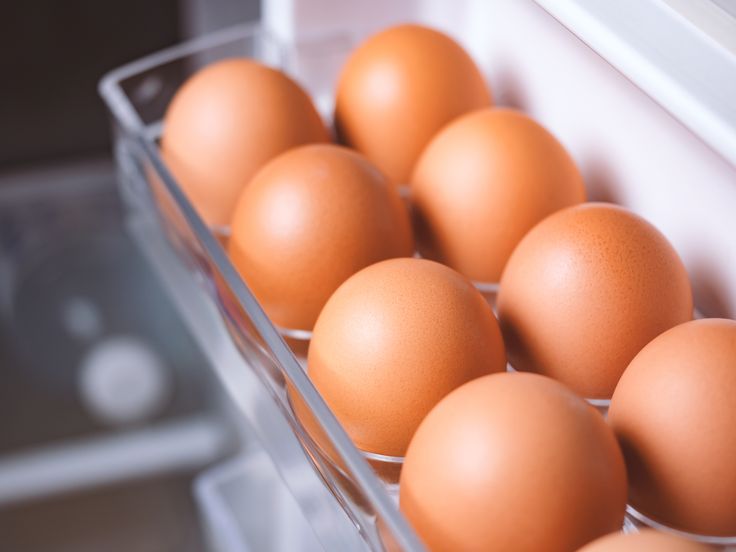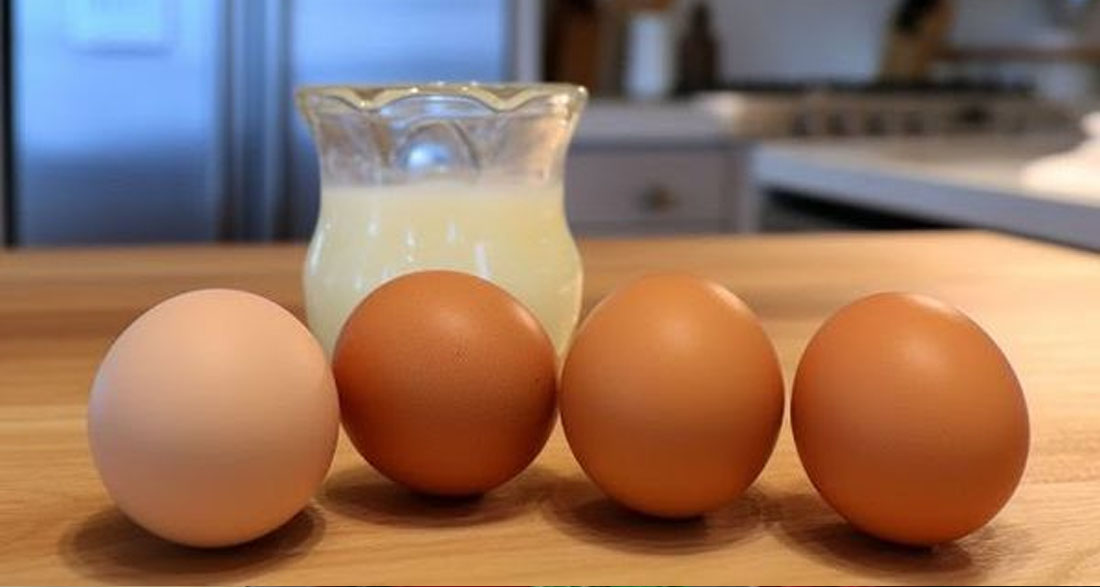Keeping Eggs Fresh: Your Go-To Guide!
Eggs are a fantastic and popular ingredient found in many of our favorite meals. Whether you love them scrambled, boiled, or in a cake, it’s super important to store them correctly to keep them fresh and safe to eat. Let’s dive into the best ways to preserve eggs, ensuring they stay delicious and healthy for you and your family!
1. Keep It Cool!
To make sure your raw eggs last as long as possible, always refrigerate them! The ideal temperature for storing raw eggs is between 35°F and 40°F (about 1.7°C to 4.4°C). When kept at this temperature, eggs can stay fresh for about 3 to 5 weeks.

To help keep them safe and reduce any bad smells, store them in their original carton. This also helps protect them from absorbing strong odors from other foods.
2. Hard-Boiled Goodness
If you’re looking for a quick and nutritious meal option, hard-boiled eggs are perfect! Cook them up and then store them in sealed containers in the fridge. They can stay fresh for up to a whole week. As one healthy foodie puts it, “Hard-boiled eggs are my go-to snack – easy, filling, and super tasty!”
3. Storing Cooked Eggs
Did you whip up some delicious scrambled eggs or a tasty omelet? Make sure to let them cool down completely before putting them away. Store those cooked eggs in sealed bags or containers, and they’ll stay good for about three to four days. It’s an easy way to enjoy your meal prep without worrying!
4. Liquid Eggs
For those times when you need egg quickly, consider using liquid eggs! They come in handy cartons and can last up to a week past the “sell-by” date if they’re unopened.
But once you crack that carton open, use them within two days for the best quality. Egg replacements for baking are also a great option, and they can last 10 to 14 days when stored properly in the fridge.
5. Safety First!
To keep eggs safe from bacterial growth (like Salmonella), always store them below 40°F (4.4°C). If you live in a warm area, avoid leaving egg dishes out at room temperature for too long since bacteria love those warm conditions!

6. The Float Test for Freshness
Unsure if your egg is still fresh? Try the “float test!” Here’s how: fill a bowl with water and gently place the egg inside. Fresh eggs will sink to the bottom and lay flat on their sides. If an egg stands upright or floats, it’s best to toss it out since this means it’s older and may be bad.
Enjoy Your Eggs!
By following these simple tips, you can fully enjoy everything eggs have to offer. From breakfast to dinner, eggs are a reliable and fun part of our cooking adventures. Remember, when stored and handled correctly, they can be a nutritious and delicious ingredient in our kitchens!
What are your favorite ways to use eggs in your meals? Share your thoughts in the comments below!

